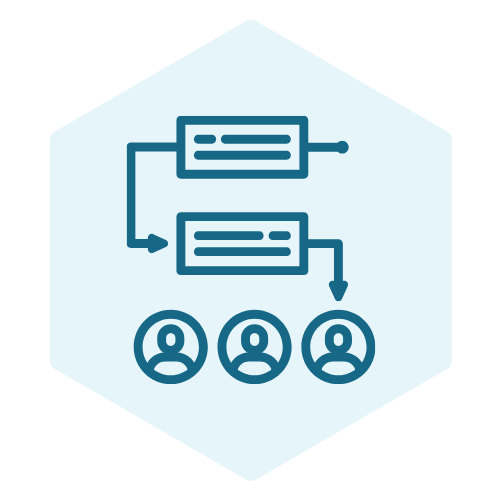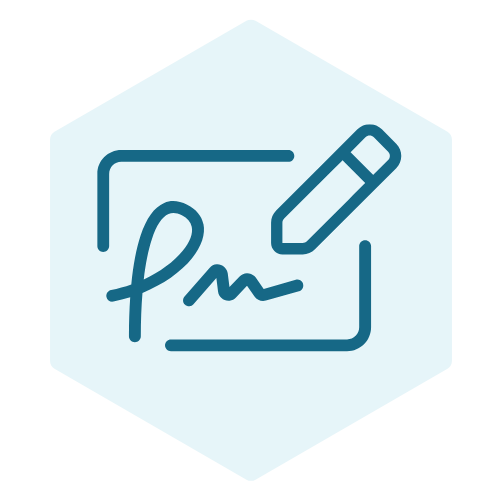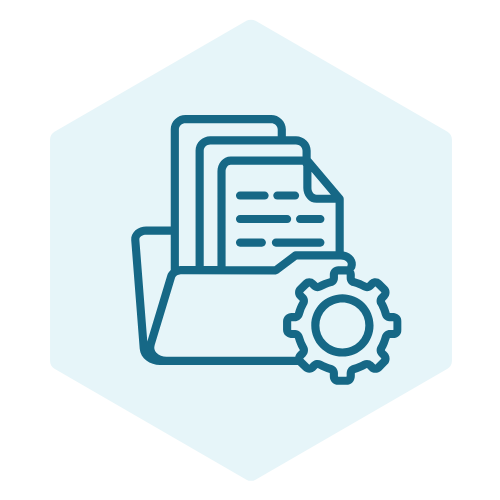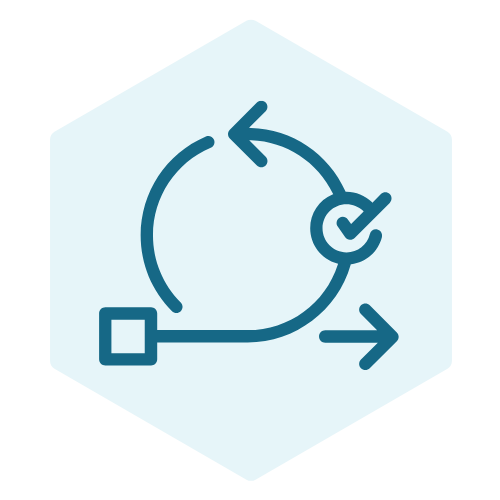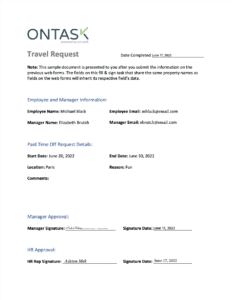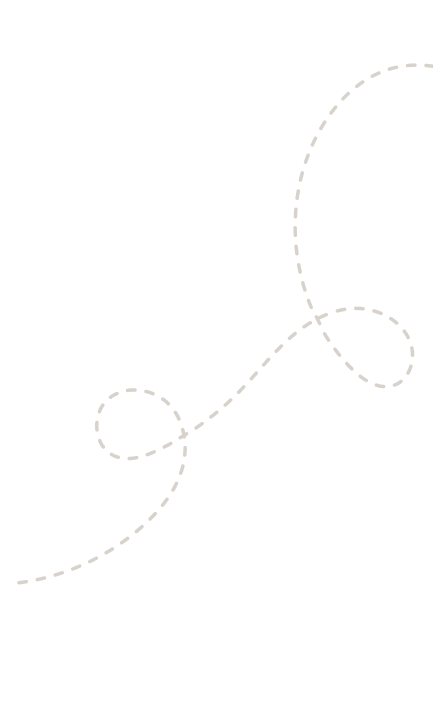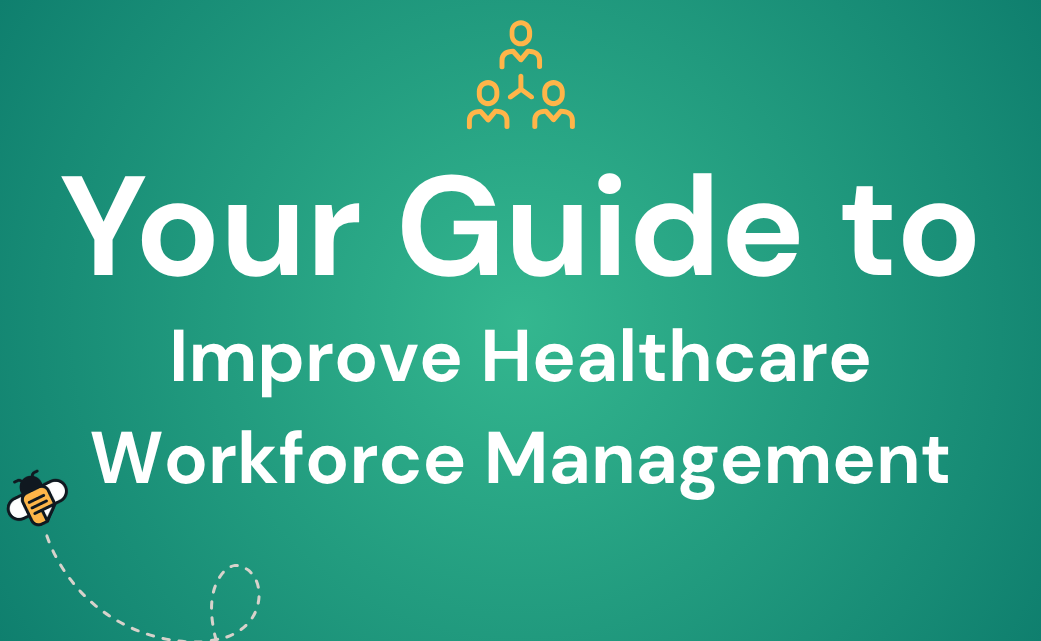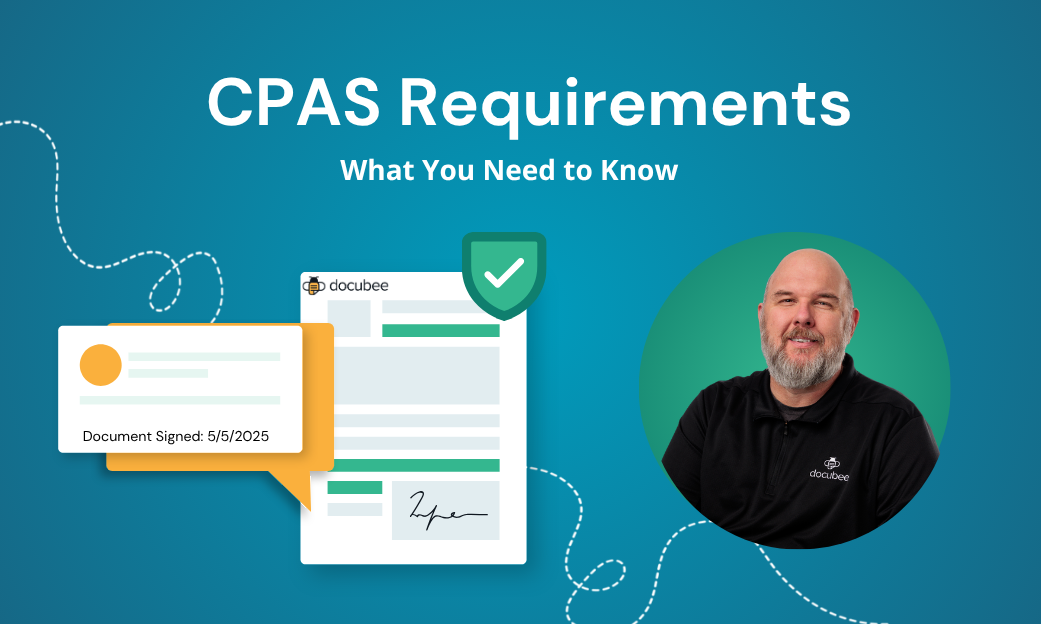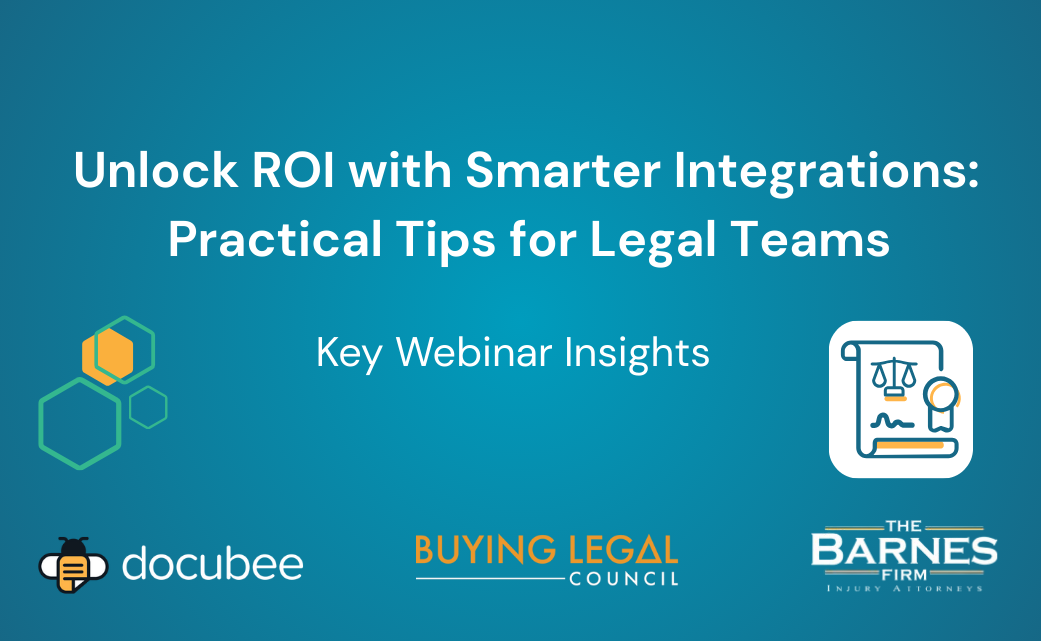A proper grasp of procurement can revolutionize profit margins, efficiency, and even client satisfaction within your business. Yet its complex nature can make it hard to grasp. Complicating matters further, some popular resources seem to conflate it with contract management—not quite referring to the two as the same thing, but not distinguishing between them, either.
They are, in fact, related—going hand in hand to accomplish essential tasks. So we’ve put together a handy guide to set the record straight.
Introduction to Procurement and Contract Management
Procurement covers many essential areas, including (but not limited to) contract management. Let’s look a little closer at each to better understand how they relate.
What is Procurement?
Procurement is the process of overseeing a company’s investment in goods, services, and supplier relationships. It can dramatically impact how effective and profitable a business is by ensuring these decisions are strategic, cost-effective, and beneficial. Due to the areas it deals in, procurement should involve expert end-to-end contract management alongside other crucial functions such as ethics and relationship management.
What is Contract Management?
Contract management is the process of managing every stage of a contract lifecycle – from design to negotiation, completion, termination, and storage. It’s classified under procurement when it involves contracts which allow a business to acquire goods and services. However, it also involves managing contracts in non-procurement areas across departments.
Key Differences Between Procurement and Contract Management
Procurement and contract management differ significantly – both in scope and objectives.
Here’s a quick visual comparing key elements of each.

So what is contract management in procurement? As you can see, contract management is a key part of procurement, when the contracts are specific to supplier relationships. Contract management in procurement focuses on managing contracts specifically related to supplier relationships. This process, combined with finding suitable suppliers, is known as contract procurement. Procurement encompasses various responsibilities beyond contract management. Using the right automation tool can streamline these processes and enhance supplier relationship management.
Importance of Procurement and Contract Management in Business
No business can function without managing its contracts. Nor can it function without procuring goods and services. The question isn’t whether your business will include these functions – but how well-run they will be.
It’s crucial to have appropriate resources and processes for both. The consequences for poor contract management go beyond ineffective deals and upset clients: they can also have regulatory repercussions. And without an expert procurement team, a firm’s revenue, business relationships, and even reputation can suffer.
Top Best Practices for Effective Procurement and Contract Management
Following a few core best practices for procurement and contract management can make a substantial difference in your firm’s success.
H3: Best Practices in Procurement
According to the internationally-recognized Chartered Institute of Procurement and Supply (CIPS), your firm’s procurement team should be able to competently:
- Calculate total cost of ownership – This is more than just bargain-hunting. Responsible resource management means understanding long-term costs and return on investment (ROI). Sometimes an apparently higher price tag can buy you a lower total cost of ownership (and vice versa). The key, says CIPS, is that what you buy meets the right needs.
- Aim for value creation – Instead of just cutting costs, maximize your resources. Sometimes that means spending more on the right solution. Other times, it means cutting nonessential budget items to reallocate funds to higher-value areas that were once out-of-budget. It also might mean converting strategic suppliers into business partners.
- Master risk management – A deal isn’t good if it creates serious safety, regulatory, or business risks. Those have costs – not just revenue loss and potential penalties, but reputation-related as well in the form of bad press, lost trust, and even litigation. So competent procurement must have built-in ethics and risk management.
As CIPS highlights, thoroughly covering these areas means hiring professionals that know how to oversee stakeholder and supplier relationship management, ethics, spending category management, and project and contract management. For contract management, software can be a game-changing resource.
Best Practices in Contract Management
We’ve discussed contract management best practices in depth in another article. So let’s just touch on three core areas your firm should focus on.
- Streamline the workflow – The contract management workflow involves multiple time-consuming areas that could be enhanced with AI and automation. Try automating your initial data-gathering and drafting using AI, and using robotic process automation (RPA) to auto-route your contracts to stakeholders for negotiation and eSignatures.
- Enhance collaboration – Rather than using disparate communication threads and document drafts, use a tool that centralizes all your contracts and allows teams to collaborate in one place. This avoids overwhelm, lost draft versions, and missed emails by keeping everything (and everyone) literally on the same page.
- Integrate risk management – When was the last time you conducted a risk assessment (RA) that included your contract process? If you haven’t lately, go ahead and conduct a thorough RA. Consider risks incurred by insecure or inconsistent document storage and retrieval. Well-designed automation tools should help mitigate these risks by building in secure, compliant, and centralized document storage and AI-assisted retrieval. No more anxiety over potential audits!
Integrating Procurement and Contract Management
Well-run contract management programs should simplify the procurement team’s work when they have to…well, manage contracts. There’s no reason your procurement contract management system should be very different from other teams’ – so provide simplicity with the same core platform and processes across the board. Automation can also help all teams benefit from a more consistent, generally better contract management process – in procurement and outside of it.
Also, remember that acquiring contract management tools or partners fall under the domain of procurement. In light of that, consider the best practices we discussed above. For example, CIPS recommends fostering mutually-beneficial business partnerships with strategic suppliers to maximize value. White label partnerships in the right context can sometimes create more value than buying an off-the-shelf solution.
Procurement & Contract Management: Better Together
While procurement and contract management are distinct, they’re never totally separate. Most importantly, well-run procurement requires effective contract management processes. Good contract management, in turn, is made better through targeted automation. At Docubee, we help firms streamline their contract management every day through AI-assisted, end-to-end contract automation and compliant storage.
How can you streamline your contract procurement with Docubee? Book a demo to find out!


